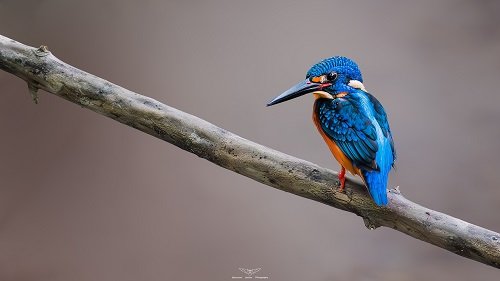
Bird camp
Bird camps offer a range of benefits that contribute significantly to the understanding, conservation, and appreciation of avian species and their ecosystems. These camps provide a hands-on learning experience that goes beyond classroom education, fostering a deep connection between participants and the natural world.
Direct Observation and Learning: Field bird camps allow participants to observe birds in their natural habitats, gaining insights into their behaviours, interactions, and adaptations. This direct experience enhances understanding and appreciation of avian biology, ecology, and conservation.
Hands-on Training: Participants in bird camps often receive training in bird identification, habitat assessment, and other scientific techniques. This practical knowledge equips them with valuable skills for ongoing research and conservation efforts.
Data Collection for Research: Field bird camps often involve participants in data collection for ongoing research projects. This citizen science approach provides researchers with a broader dataset and helps monitor bird populations, migration patterns, and other ecological trends.
Conservation Awareness: Engaging in bird camps heightens participants’ awareness of the threats faced by avian species, including habitat loss, pollution, climate change, and more. This increased understanding often leads to greater advocacy and conservation action.
Networking and Collaboration: BWS bird camps bring together its members with shared interests, fostering a community of like-minded individuals, including researchers, educators, conservationists, and enthusiasts. This network can lead to collaborations and knowledge sharing beyond the camp itself.
Inspiration and Career Pathways: Exposure to field biology and conservation during bird camps can inspire participants to pursue careers in related fields, such as ornithology, wildlife biology, environmental education, and conservation management.
Connection to Nature: Spending time in nature through bird camps has proven physical and psychological benefits. It nurtures a sense of connection to the environment, reduces stress, and promotes a greater understanding of the interdependence of all living things.
Monitoring and Conservation Impact: Through bird camps, participants contribute to long-term monitoring efforts, helping track changes in bird populations and ecosystems. Over the longer term this data-driven approach influences conservation strategies and policies.
Cultural and Ecotourism Benefits: Field bird camps can also have positive impacts on local economies, promoting ecotourism and cultural exchange in regions where the camps are held.
In summary, field bird camps provide a holistic and immersive experience that educates, inspires, and empowers participants to become active participants in avian conservation, contributing to both scientific understanding and public awareness of the importance of preserving our natural world.
Until now BWS has been organizing such field camps annually for its members.
UPCOMING Previous